A British Court on Wednesday rejected the appeal filed by Naval War Room leak case key accused Ravi Shankaran, a relative of former Navy Chief Admiral Arun Prakash, against his extradition to India.
A British Court on Wednesday rejected the appeal filed by Naval War Room leak case key accused Ravi Shankaran, a relative of former Navy Chief Admiral Arun Prakash, against his extradition to India.
District Judge Nicholas Evans at Westminster Magistrates Court here said in his ruling that "a case to answer has been made out" against the accused and his verdict can now be sent to the UK Home Secretary Theresa May, who will make the final decision on issuing an extradition order.
Shankaran's defence team said he would be appealing against the ruling, to which Judge Evans clarified that an appeal can now only be made on the decision of the Secretary of State, who has two months from the date of the court ruling to issue her order.
Meanwhile, the 46-year-old retired naval commander has been remanded on conditional bail, which includes the requirement to live at a new UK address he provided to the court today, a deposit of 20,000 pounds and no right to foreign travel.
Shankaran is a key accused in the case of leaking classified information from the War Room to arms dealers. He has been absconding since the case was registered by the Central Bureau of Investigation (CBI) in March 2006.
The CBI revoked his passport in May that year and secured a Red Corner Notice against him after filing a charge-sheet in July 2006.
An extradition request was sent to the UK in 2007 following reports that he was in the country and he was arrested by UK authorities in April 2010 on the basis of the non-bailable arrest warrants issued by the Court of Chief Metropolitan Magistrate, New Delhi.
The UK's Crown Prosecution Service (CPS) had argued the CBI's case that there was substantial evidence to extradite the accused for a trial in India.
Shankaran's defence team, led by James Lewis QC, had claimed at the last hearing on February 8 that some of the evidence should be ruled inadmissible and also that their client's human rights were at a "real risk" of being impinged due to the “endemic delays in the Indian judicial system”.
Delivering his verdict, Judge Evans said,"The court is concerned with English rules of law and evidence that may be inadmissible in India is not a relevant consideration... no new evidence has been presented that deals a knock-out blow to the prima facie case to answer".
He also dismissed Shankaran's claims that the CBI had gone "out of the way to cover up false and fabricated evidence" as having no "merit whatsoever".
The judge said extradition hearings are bound by good faith between sovereign states and that he is confident that if the prosecution in India no longer felt there was "credible and admissible" evidence against the accused, then it was their duty to end the proceedings and withdraw the extradition request.
![submenu-img]() How Kareena Kapoor, Hansal Mehta's The Buckingham Murders breaks moulds to emerge as a rare post-pandemic hit thriller
How Kareena Kapoor, Hansal Mehta's The Buckingham Murders breaks moulds to emerge as a rare post-pandemic hit thriller![submenu-img]() Bhool Bhulaiyaa 3 director Anees Bazmee on box office clash with Singham Again: 'Why should I talk to Ajay Devgn?'
Bhool Bhulaiyaa 3 director Anees Bazmee on box office clash with Singham Again: 'Why should I talk to Ajay Devgn?'![submenu-img]() Meet man, son of auto driver, resigned after being insulted as police constable, then cracked UPSC exam to become...
Meet man, son of auto driver, resigned after being insulted as police constable, then cracked UPSC exam to become...![submenu-img]() Congress releases manifesto for J-K polls, promises Rs 4000 to...
Congress releases manifesto for J-K polls, promises Rs 4000 to...![submenu-img]() Arjun Tendulkar shines with 9-wicket haul in dominant victory for...
Arjun Tendulkar shines with 9-wicket haul in dominant victory for...![submenu-img]() Mamata Banerjee और प्रदर्शनकारी डॉक्टरों के बीच हुई मीटिंग, जानें किन मांगों पर बनी बात
Mamata Banerjee और प्रदर्शनकारी डॉक्टरों के बीच हुई मीटिंग, जानें किन मांगों पर बनी बात![submenu-img]() Bihar Politics: बिहार की राजनीति में अब जासूसी कांड, Tejashwi Yadav ने लगाया बड़ा आरोप
Bihar Politics: बिहार की राजनीति में अब जासूसी कांड, Tejashwi Yadav ने लगाया बड़ा आरोप![submenu-img]() हरी झंडी दिखाने की मची होड़, धक्का-मुक्की में वंदे भारत ट्रेन के आगे गिरीं BJP विधायक, VIDEO
हरी झंडी दिखाने की मची होड़, धक्का-मुक्की में वंदे भारत ट्रेन के आगे गिरीं BJP विधायक, VIDEO![submenu-img]() जम्मू-कश्मीर में पहले चरण का चुनाव प्रचार थमा, 18 सितंबर को 24 सीटों पर डाले जाएंगे वोट
जम्मू-कश्मीर में पहले चरण का चुनाव प्रचार थमा, 18 सितंबर को 24 सीटों पर डाले जाएंगे वोट![submenu-img]() Shakira संग लाइव कॉ�न्सर्ट में हुई बदसलूकी, चोरी छुपे एक शख्स ने रिकॉर्ड किया Video
Shakira संग लाइव कॉ�न्सर्ट में हुई बदसलूकी, चोरी छुपे एक शख्स ने रिकॉर्ड किया Video![submenu-img]() Ford to return to India after 2 years with reopening of....
Ford to return to India after 2 years with reopening of....![submenu-img]() Maruti Suzuki launches new Swift CNG, check price, mileage, other features
Maruti Suzuki launches new Swift CNG, check price, mileage, other features![submenu-img]() ‘30 LPA, 3BHK, no in-laws’: Woman earning Rs 1.32 lakh salary lists demands for future husband, netizens say...
‘30 LPA, 3BHK, no in-laws’: Woman earning Rs 1.32 lakh salary lists demands for future husband, netizens say...![submenu-img]() In a big EV push, Centre launches Rs 10900 crore PM E-Drive scheme to replace…
In a big EV push, Centre launches Rs 10900 crore PM E-Drive scheme to replace…![submenu-img]() World’s longest car has helipad, swimming pool, mini-golf course, can seat over…; it cost…
World’s longest car has helipad, swimming pool, mini-golf course, can seat over…; it cost…![submenu-img]() Meet man, son of auto driver, resigned after being insulted as police constable, then cracked UPSC exam to become...
Meet man, son of auto driver, resigned after being insulted as police constable, then cracked UPSC exam to become...![submenu-img]() Meet woman who cracked UPSC at 22 without coaching while looking after ailing father, but then lost parents, now she...
Meet woman who cracked UPSC at 22 without coaching while looking after ailing father, but then lost parents, now she...![submenu-img]() Meet man, IIT graduate, who left Rs 1 crore salary job for UPSC, secured AIR 1 in 1st attempt, posted in...
Meet man, IIT graduate, who left Rs 1 crore salary job for UPSC, secured AIR 1 in 1st attempt, posted in...![submenu-img]() How to Crack NEET 2025 in First Attempt?
How to Crack NEET 2025 in First Attempt?![submenu-img]() SBI SCO Recruitment 2024 Notification: Sarkari Naukri for 1497 posts, check eligibility and selection process
SBI SCO Recruitment 2024 Notification: Sarkari Naukri for 1497 posts, check eligibility and selection process![submenu-img]() Kolkata Doctor Case: Protesting Doctors React After CBI Arrests Sandip Ghosh And Abhijit Mondal
Kolkata Doctor Case: Protesting Doctors React After CBI Arrests Sandip Ghosh And Abhijit Mondal![submenu-img]() Nitin Gadkari: Union Minister Nitin Gadkari Reveals He Was Offered Support For PM Post But Declined
Nitin Gadkari: Union Minister Nitin Gadkari Reveals He Was Offered Support For PM Post But Declined![submenu-img]() Kolkata Doctor Case: Junior Doctors Protest For 5th Night As Talks With CM Mamata Fail Again
Kolkata Doctor Case: Junior Doctors Protest For 5th Night As Talks With CM Mamata Fail Again![submenu-img]() Muslim Sculptor Crafts Tiny Ganesh Idols On Pencil Graphite #shorts #viralvideo #ganesh
Muslim Sculptor Crafts Tiny Ganesh Idols On Pencil Graphite #shorts #viralvideo #ganesh![submenu-img]() Jaishankar: EAM Dr. S. Jaishankar On India-China Relations & Disengagement Problems | Ladakh
Jaishankar: EAM Dr. S. Jaishankar On India-China Relations & Disengagement Problems | Ladakh![submenu-img]() Meet man, who turned Bajaj Housing Finance into Rs 137406 crore company, not from IIT, IIM, he is...
Meet man, who turned Bajaj Housing Finance into Rs 137406 crore company, not from IIT, IIM, he is...![submenu-img]() Meet woman who failed to secure a job, then built Rs 800 crore company by selling waste from home, her business is…
Meet woman who failed to secure a job, then built Rs 800 crore company by selling waste from home, her business is…![submenu-img]() Meet Mukesh Ambani's brother, 'third son' of Dhirubhai Ambani, who left his business to join Reliance, he is...
Meet Mukesh Ambani's brother, 'third son' of Dhirubhai Ambani, who left his business to join Reliance, he is...![submenu-img]() Meet man, an Indian, who is set to invest Rs 1258245000 in Israeli company to...
Meet man, an Indian, who is set to invest Rs 1258245000 in Israeli company to...![submenu-img]() This Shark Tank judge still uses Zomato coupons, says, 'I get excited about Rs 40…’
This Shark Tank judge still uses Zomato coupons, says, 'I get excited about Rs 40…’![submenu-img]() Meet 7 biggest wealth gainers of 2024, Elon Musk, Mukesh Ambani, Ratan Tata, not in the list
Meet 7 biggest wealth gainers of 2024, Elon Musk, Mukesh Ambani, Ratan Tata, not in the list![submenu-img]() Meet Lucknow's richest man with net worth of Rs 12580 crore, he is...
Meet Lucknow's richest man with net worth of Rs 12580 crore, he is...![submenu-img]() Siddharth, Aditi Rao Hydari share first photos from their traditional south Indian wedding: 'Mrs and Mr Adu-Siddhu'
Siddharth, Aditi Rao Hydari share first photos from their traditional south Indian wedding: 'Mrs and Mr Adu-Siddhu'![submenu-img]() In pics: Priyanka Chopra stuns in bikini as she takes 'perfect pause' for beach vacation with Nick Jonas, Malti Marie
In pics: Priyanka Chopra stuns in bikini as she takes 'perfect pause' for beach vacation with Nick Jonas, Malti Marie![submenu-img]() From John F Kennedy to Donald Trump: List of US politicians who were assassinated or targeted
From John F Kennedy to Donald Trump: List of US politicians who were assassinated or targeted![submenu-img]() Congress releases manifesto for J-K polls, promises Rs 4000 to...
Congress releases manifesto for J-K polls, promises Rs 4000 to...![submenu-img]() Jammu Kashmir Assembly Election 2024: Multi-tier security arrangements put up in J-K ahead of 1st phase polls
Jammu Kashmir Assembly Election 2024: Multi-tier security arrangements put up in J-K ahead of 1st phase polls![submenu-img]() Haryana Assembly Election 2024: BJP's Sirsa candidate withdraws nomination party may support...
Haryana Assembly Election 2024: BJP's Sirsa candidate withdraws nomination party may support...![submenu-img]() Sebi withdraws statement on 'unprofessional work culture' amid employee unrest, commits to...
Sebi withdraws statement on 'unprofessional work culture' amid employee unrest, commits to...![submenu-img]() Kolkata doctor rape, murder case: Protesting doctors accept Mamata Banerjee's ‘final’ talks invite on these 3 conditions
Kolkata doctor rape, murder case: Protesting doctors accept Mamata Banerjee's ‘final’ talks invite on these 3 conditions
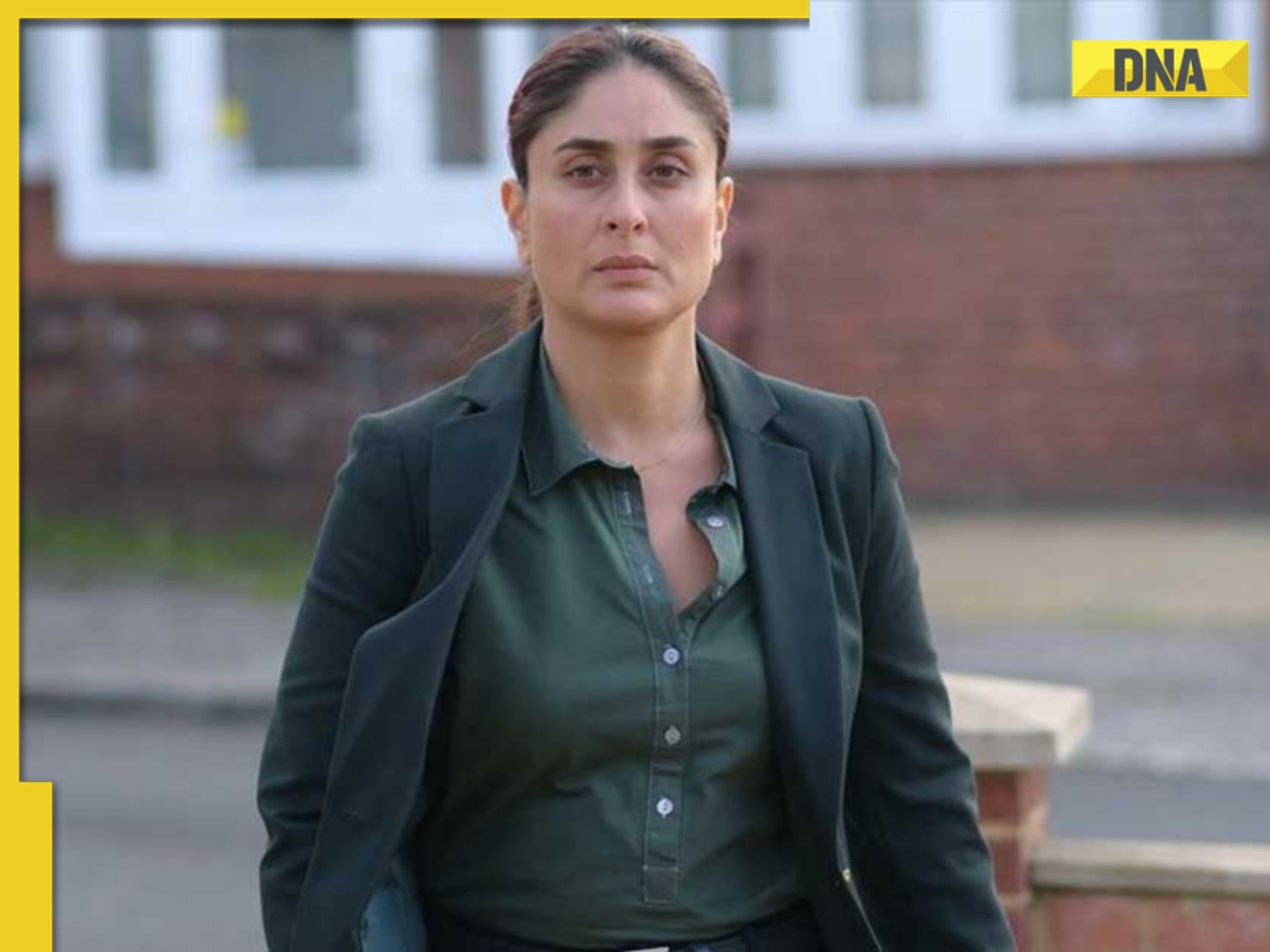

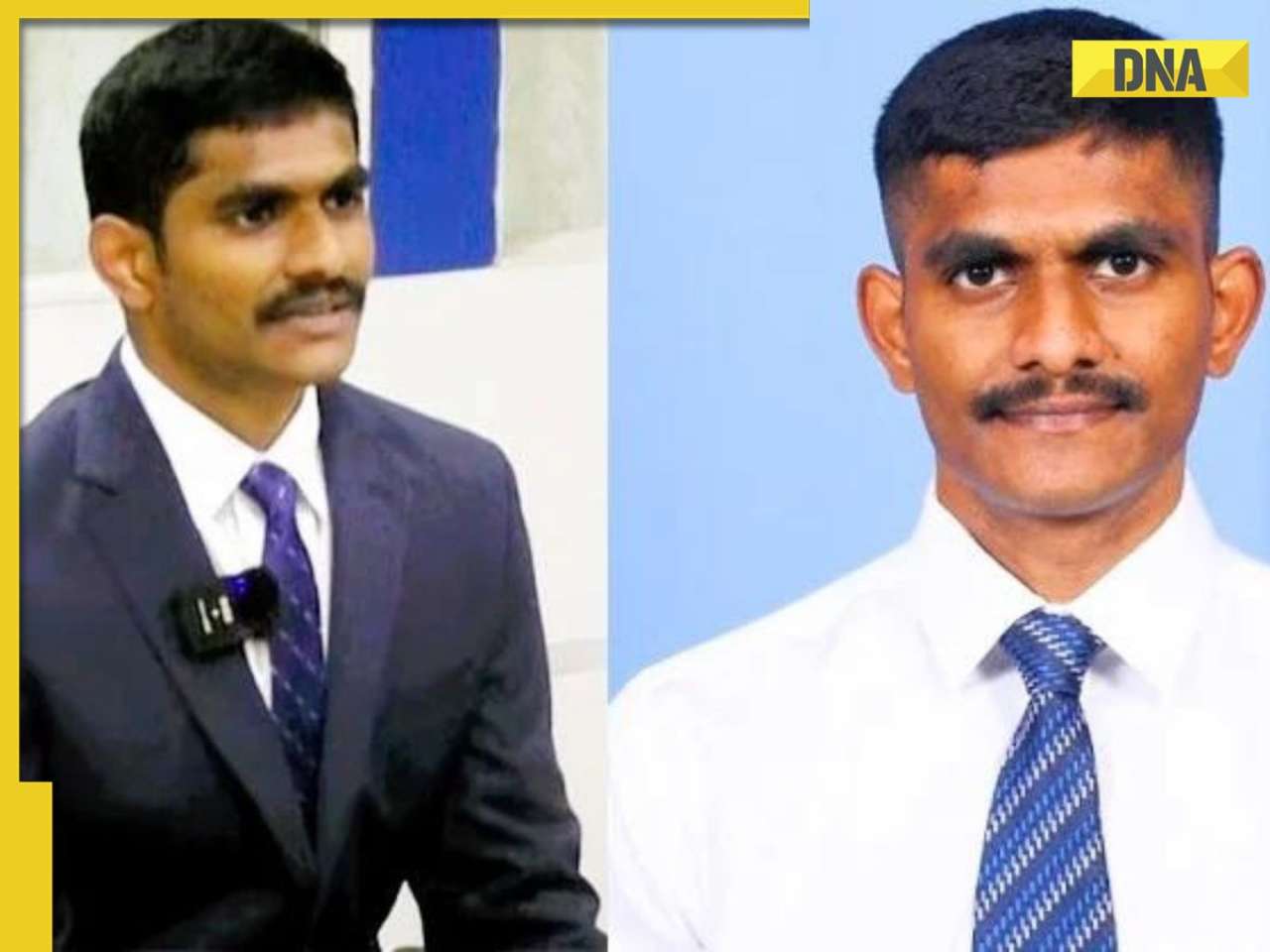
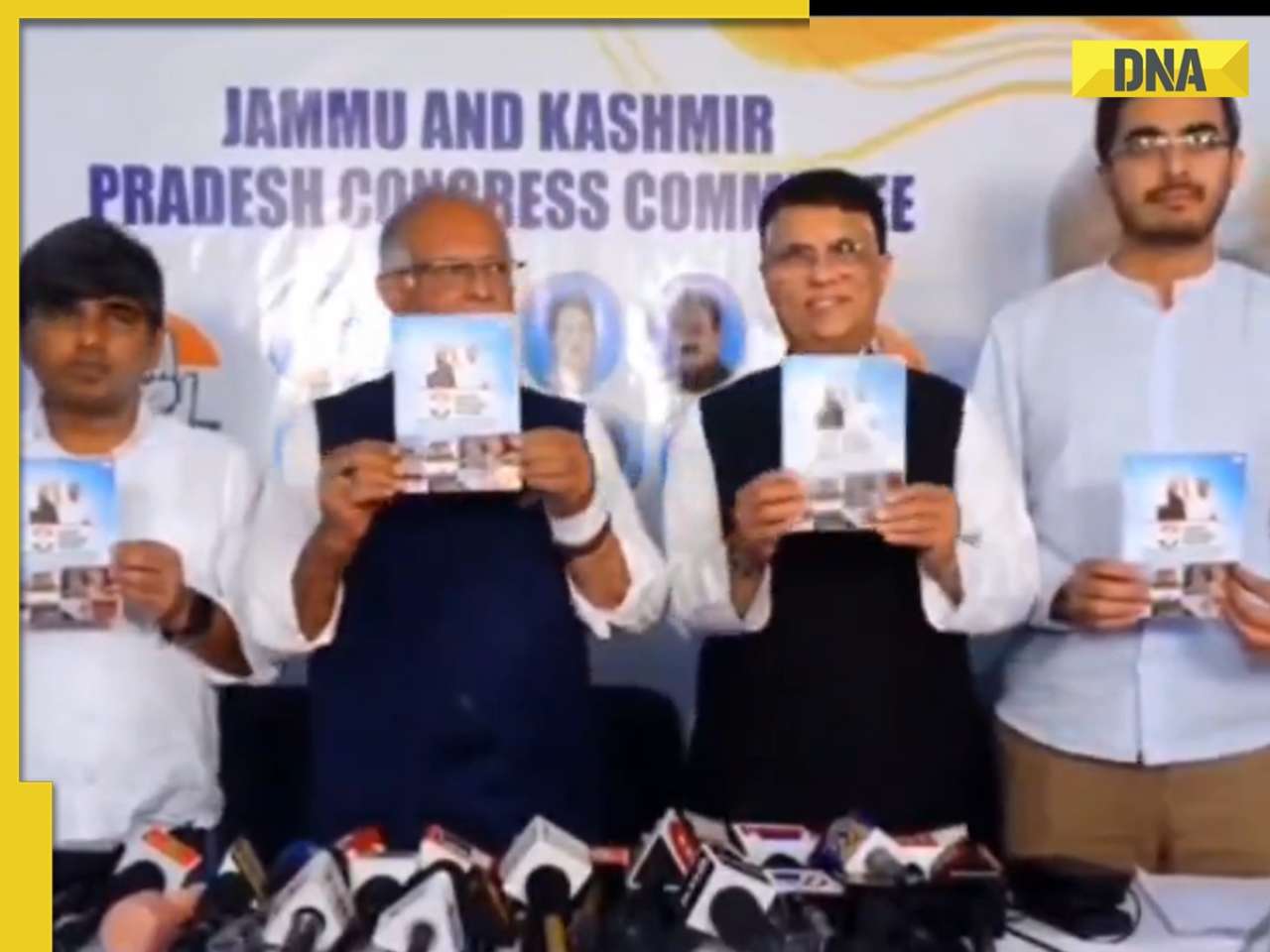
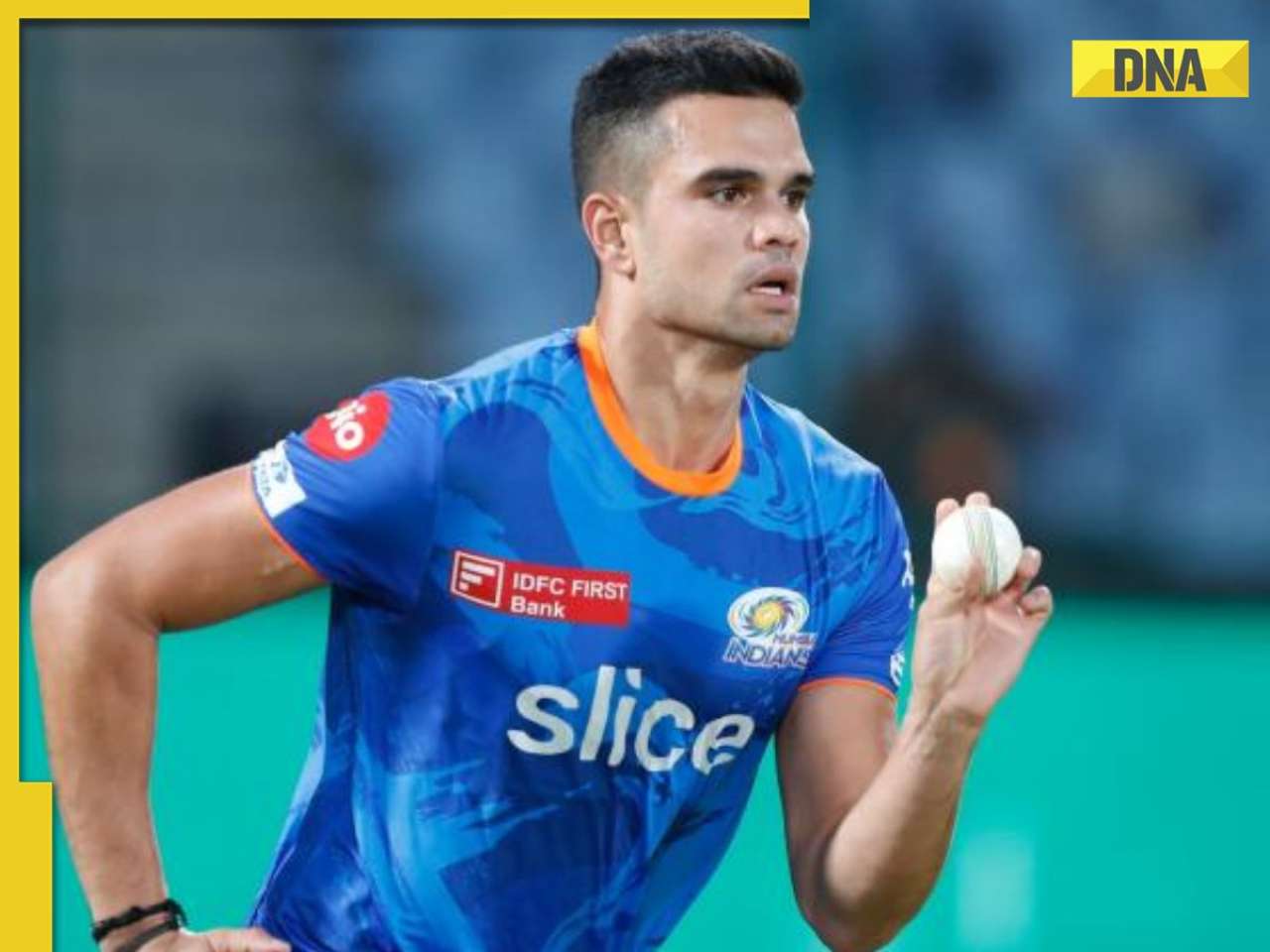





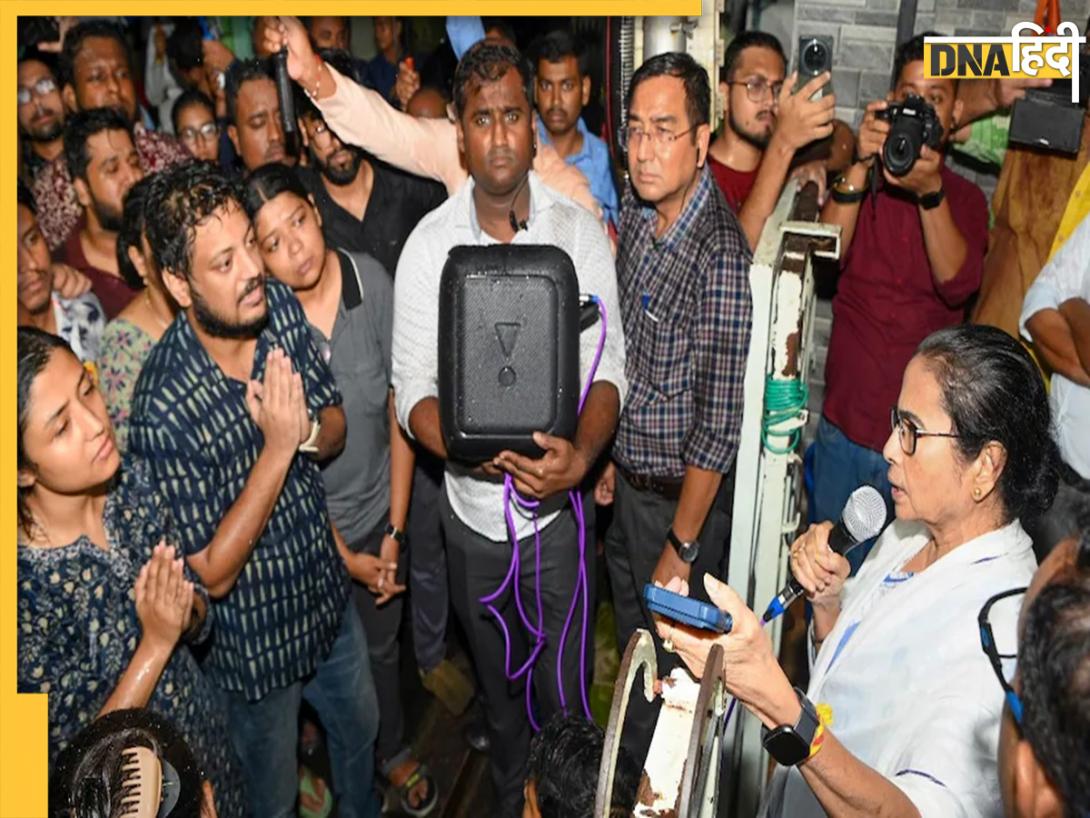
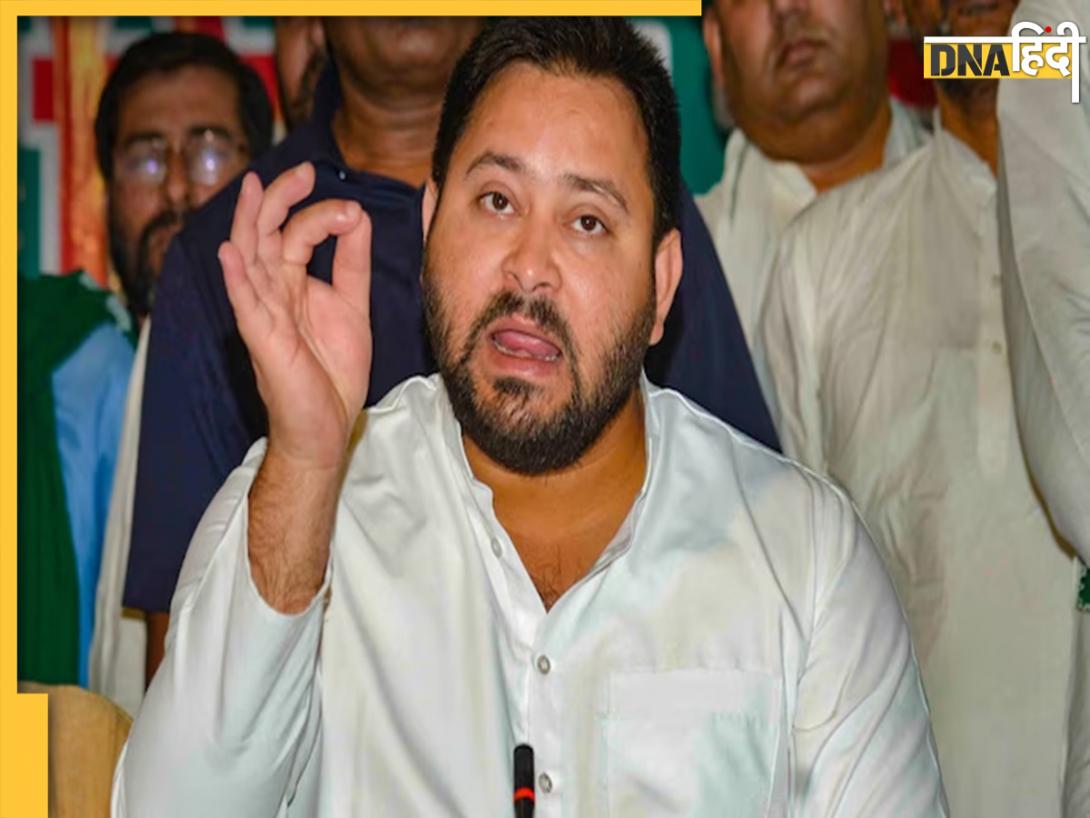

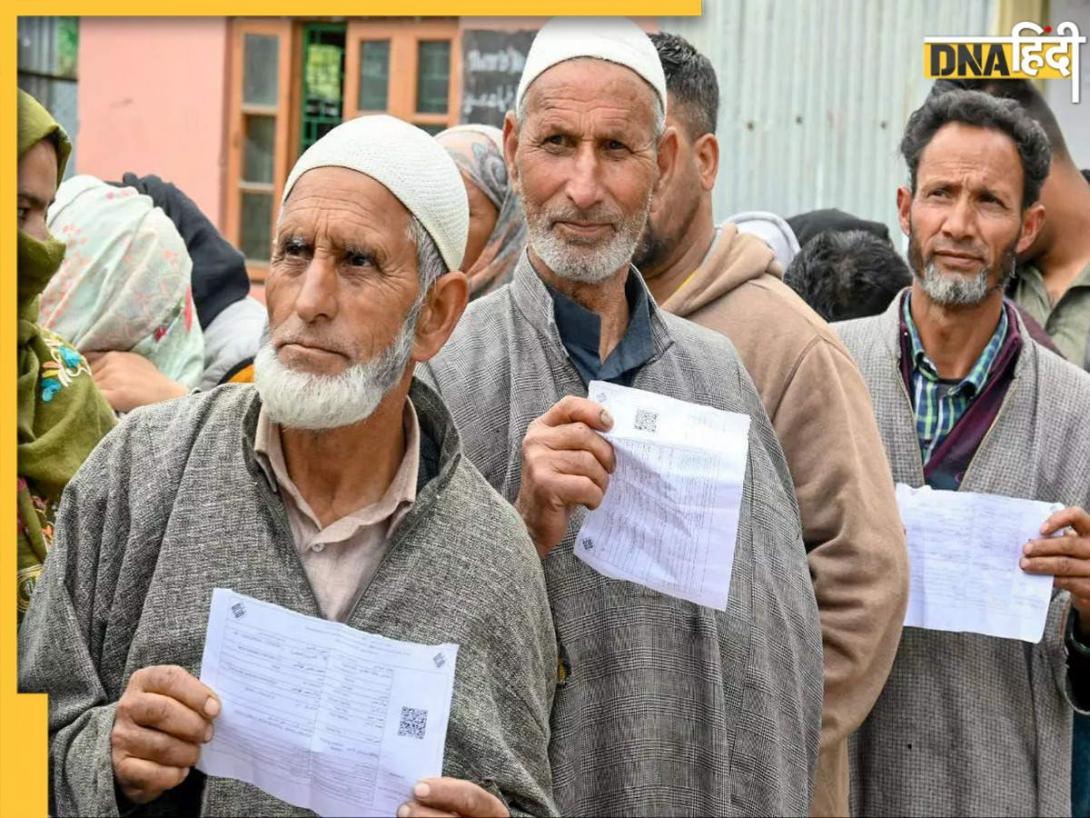






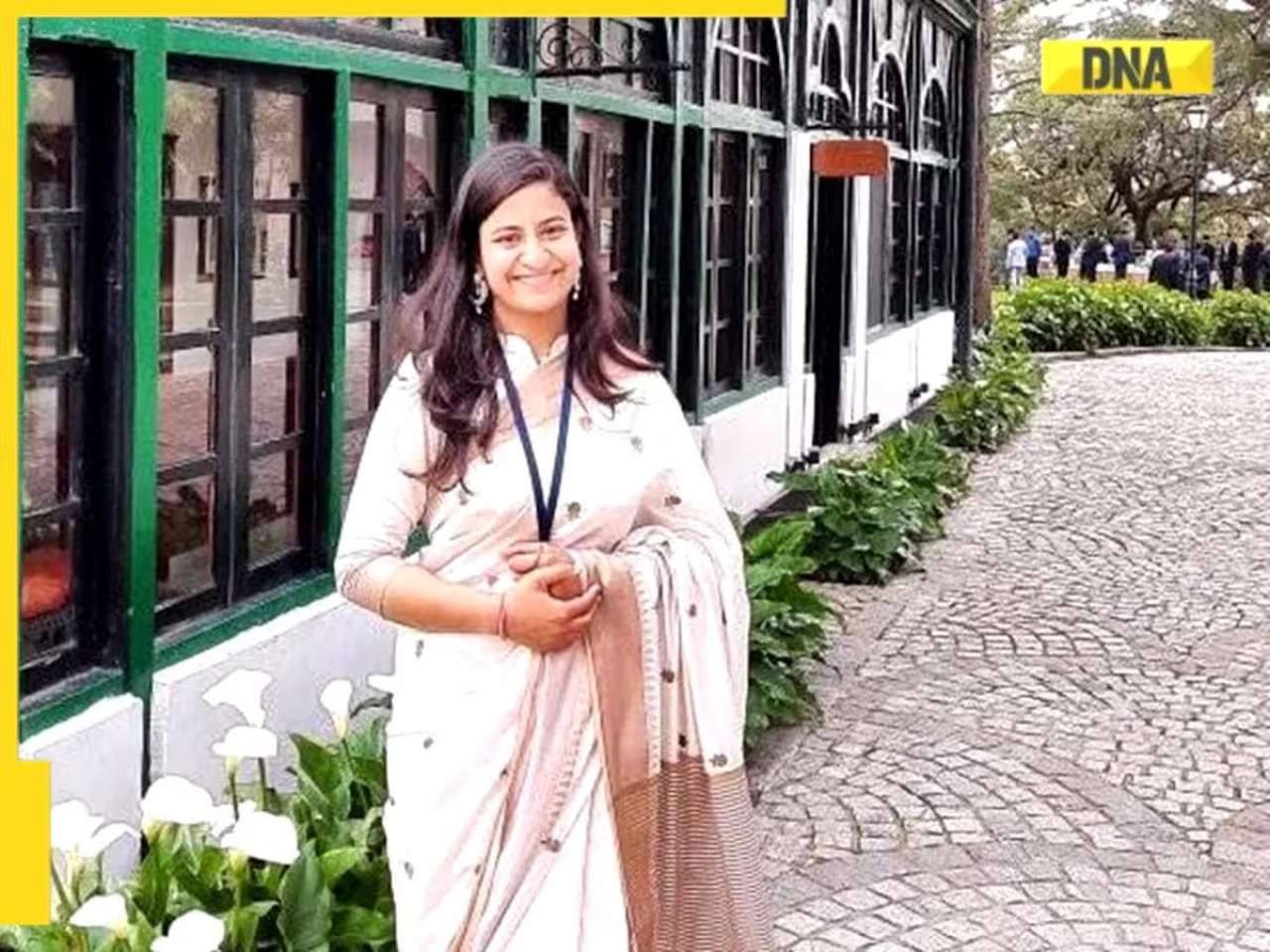
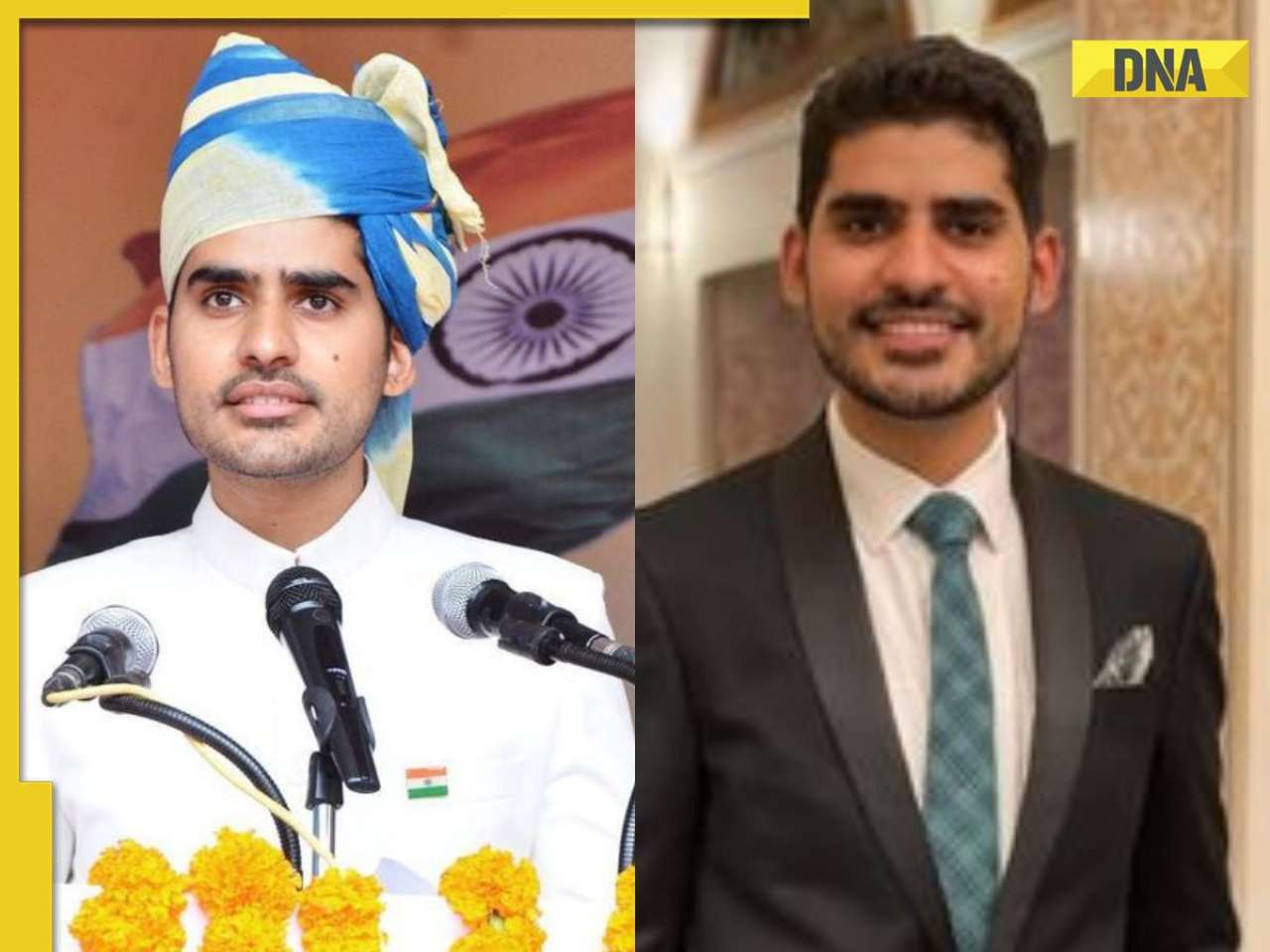

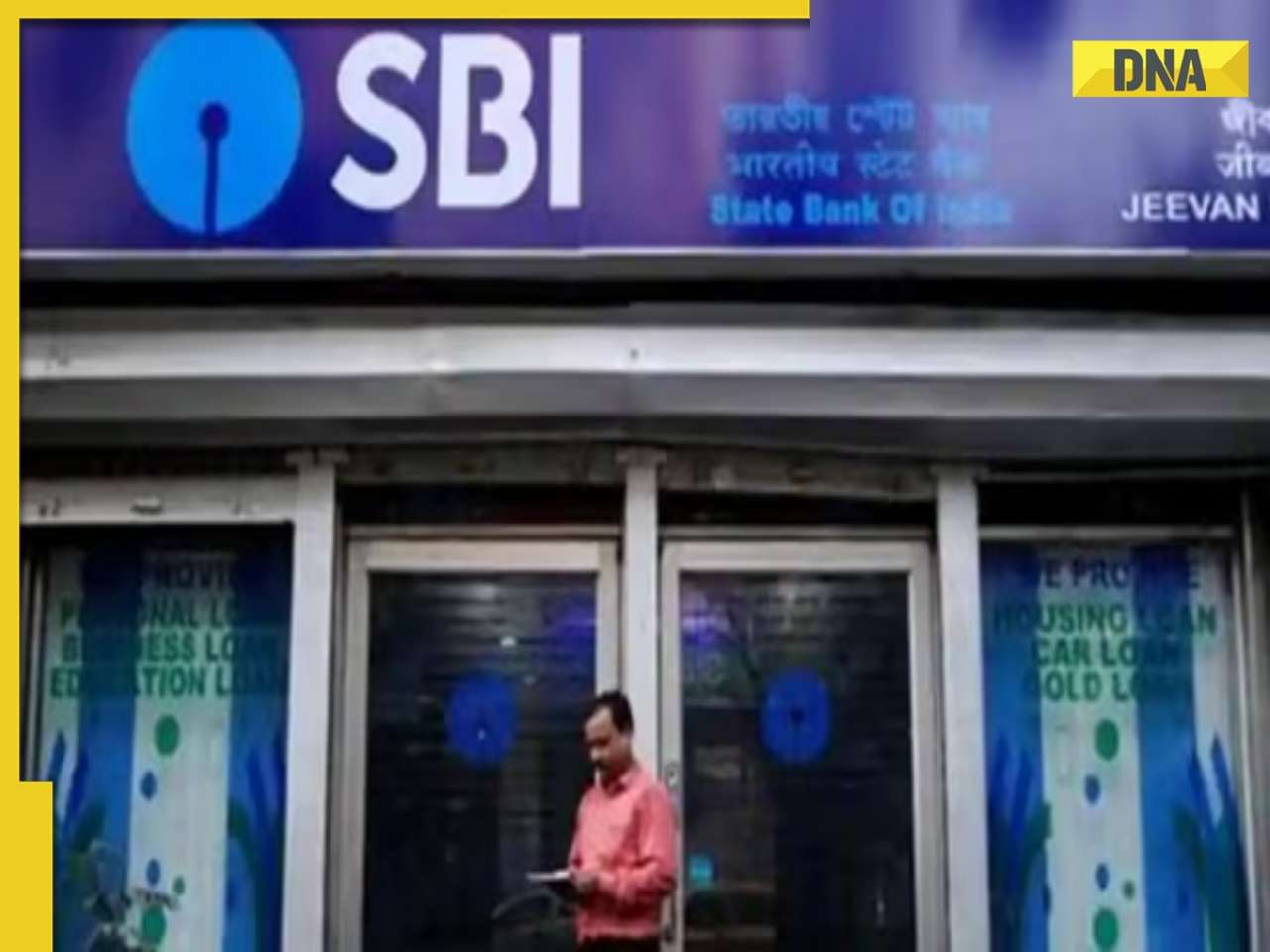
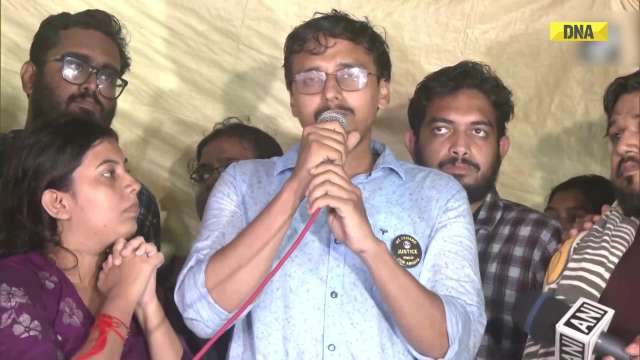
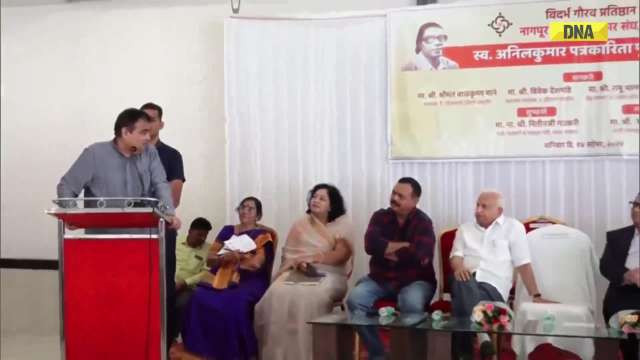
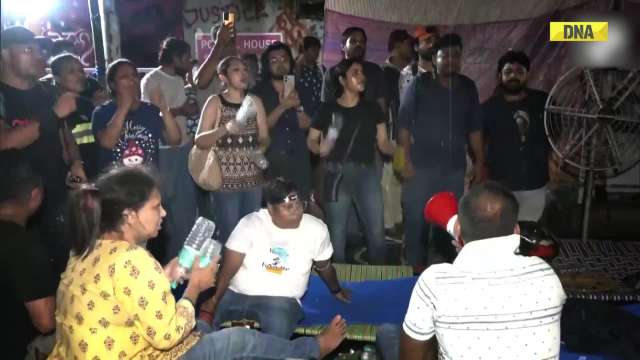

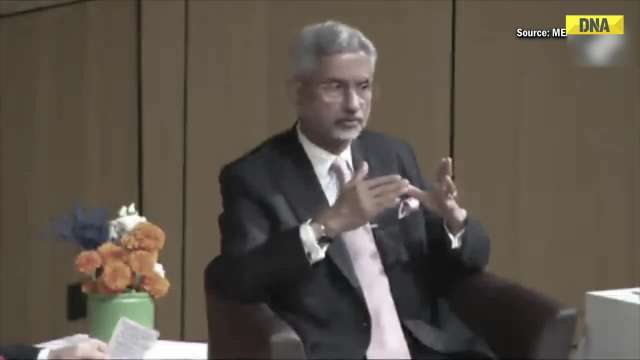


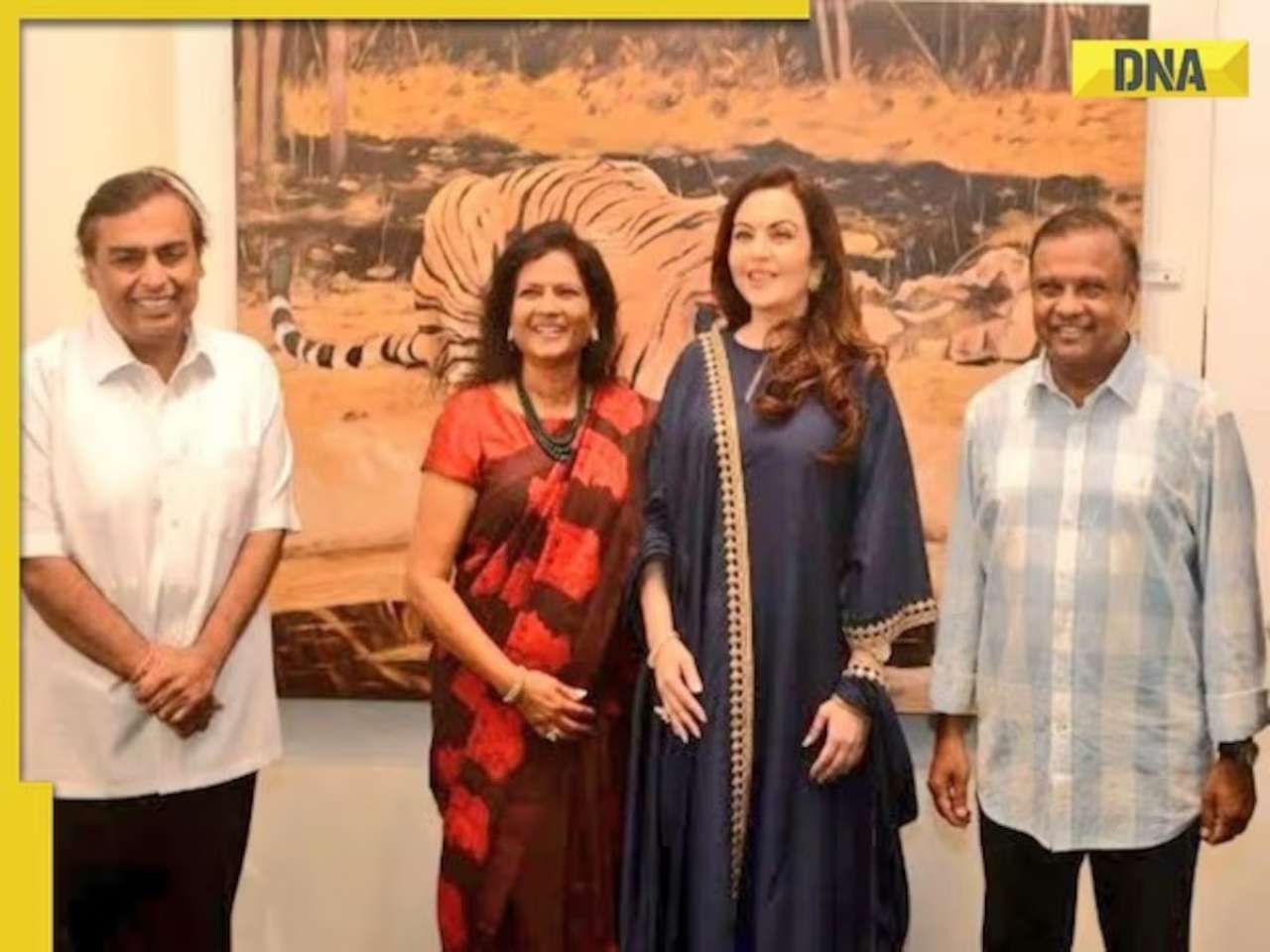
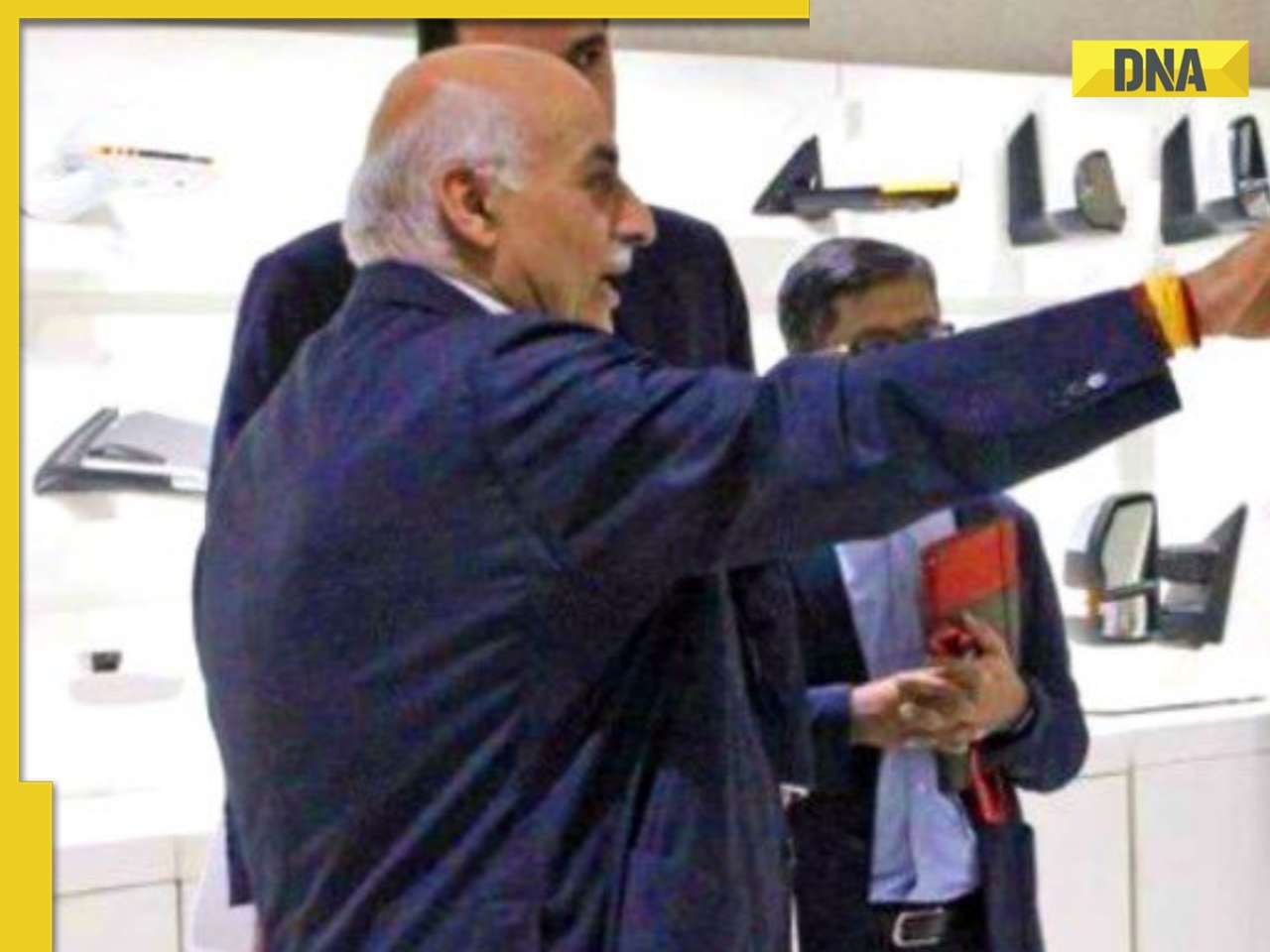

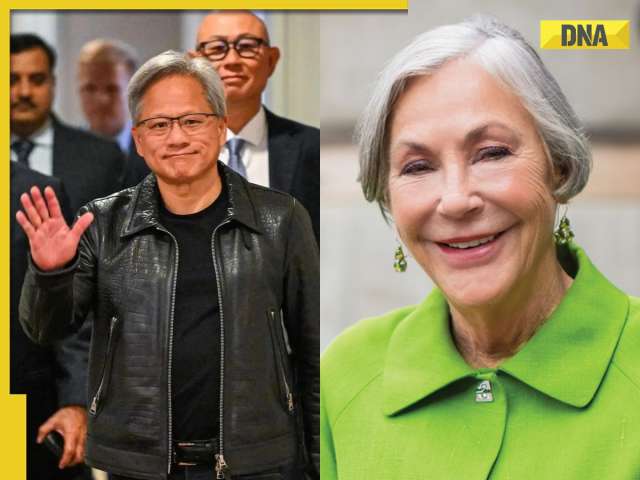



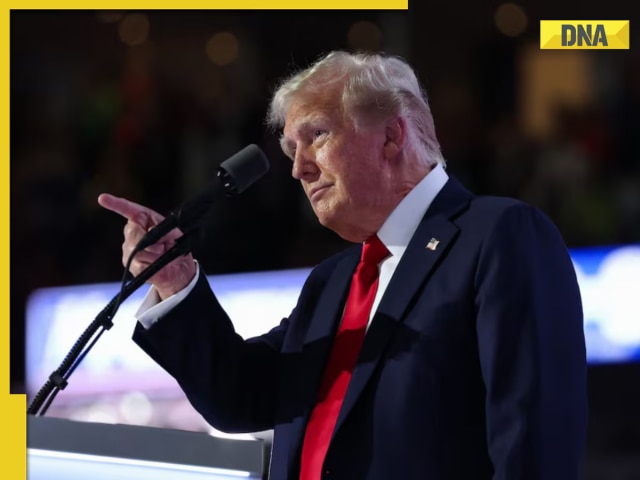
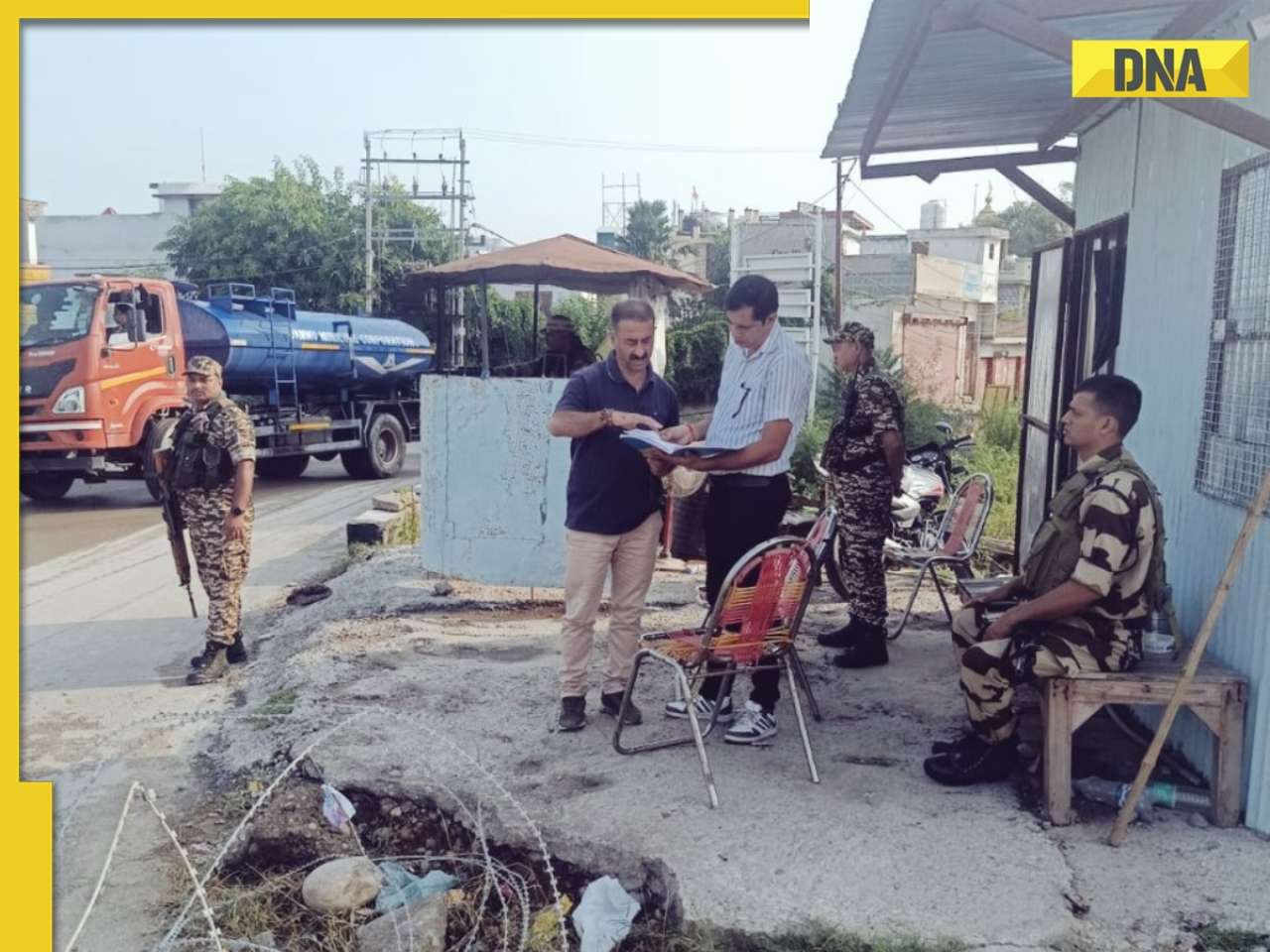
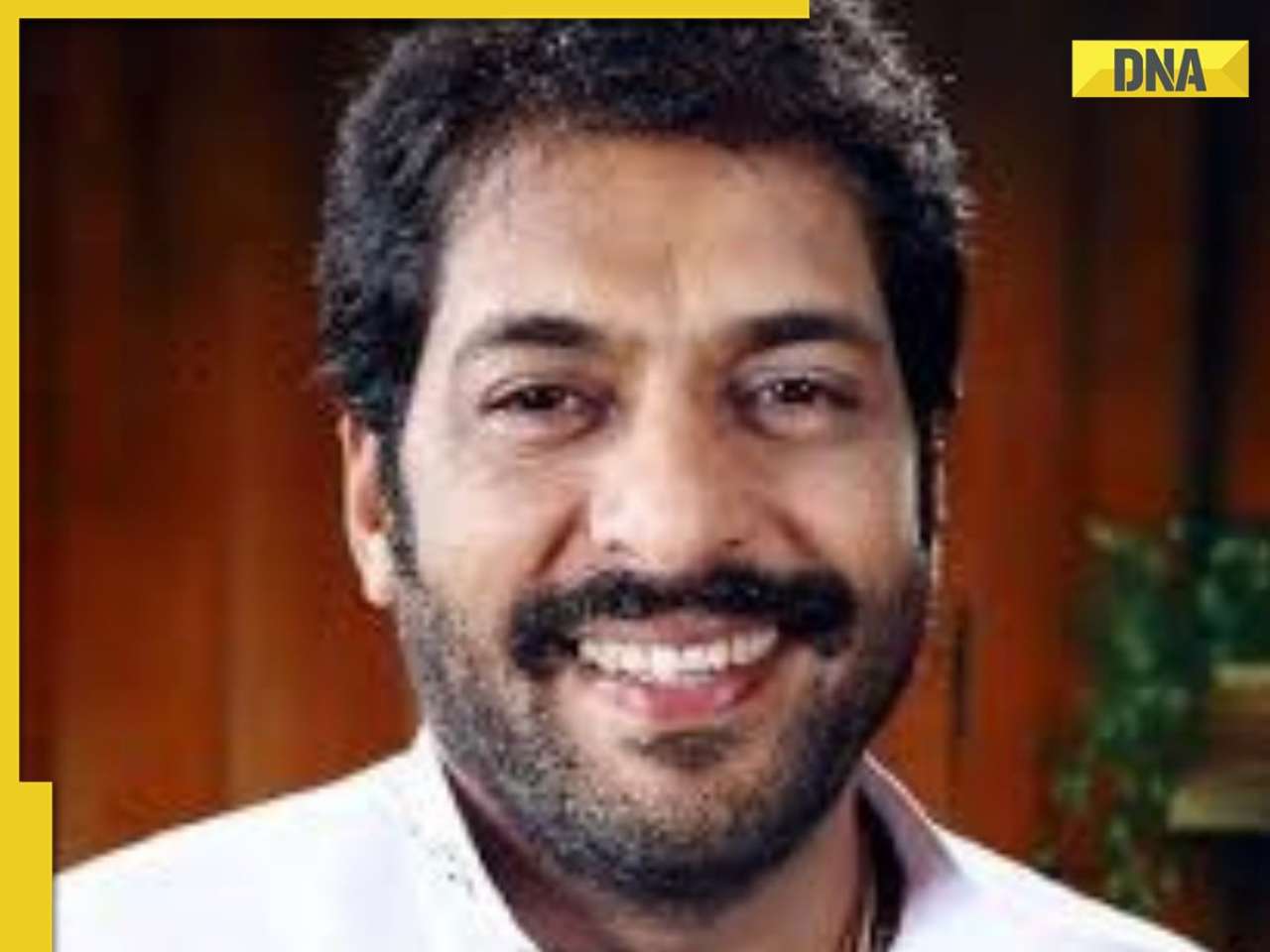
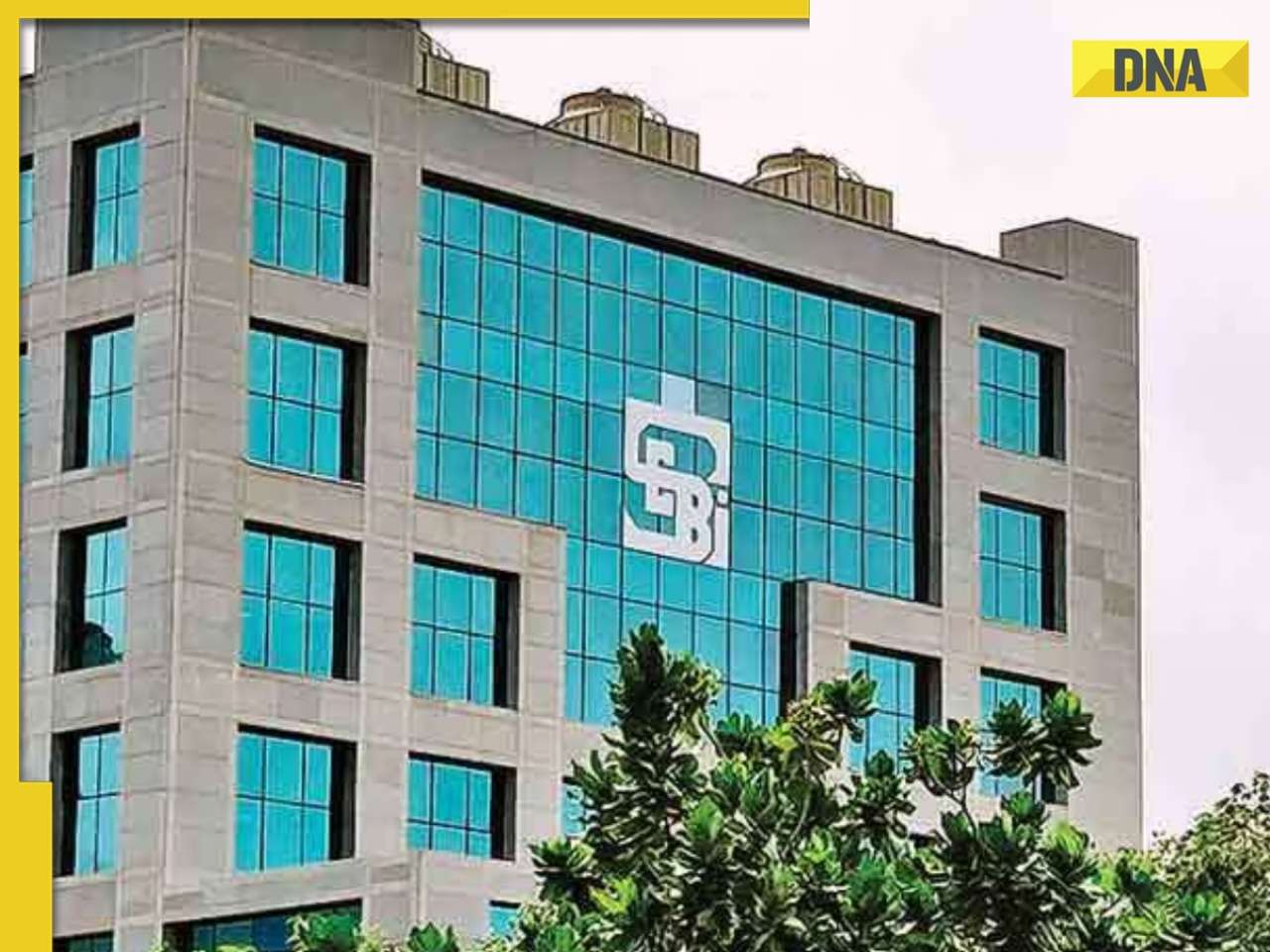
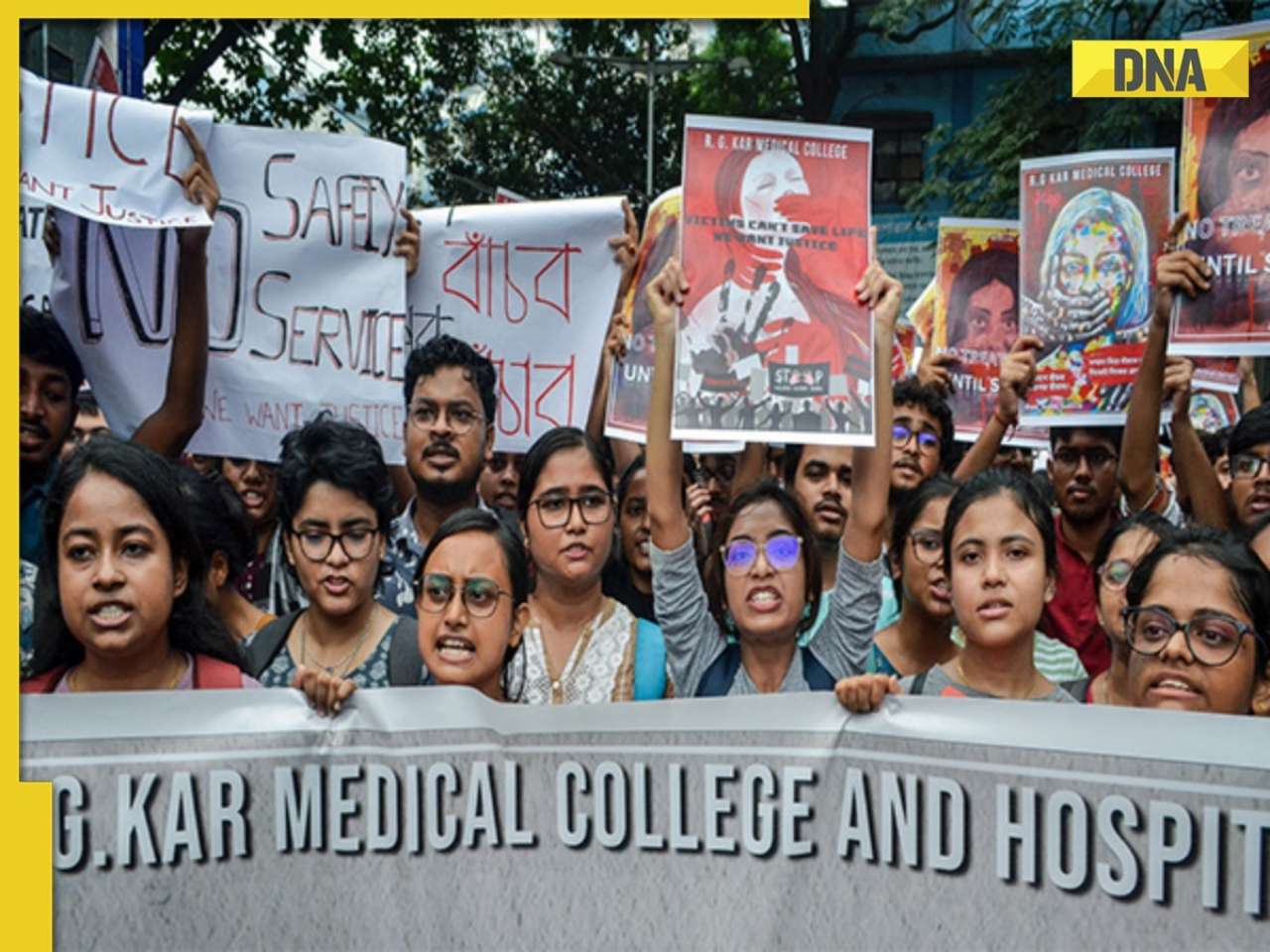







)
)
)
)
)
)